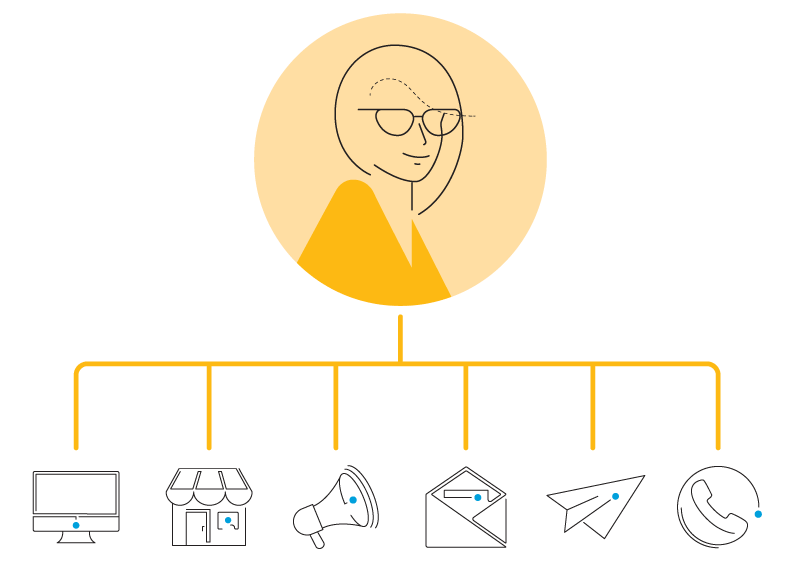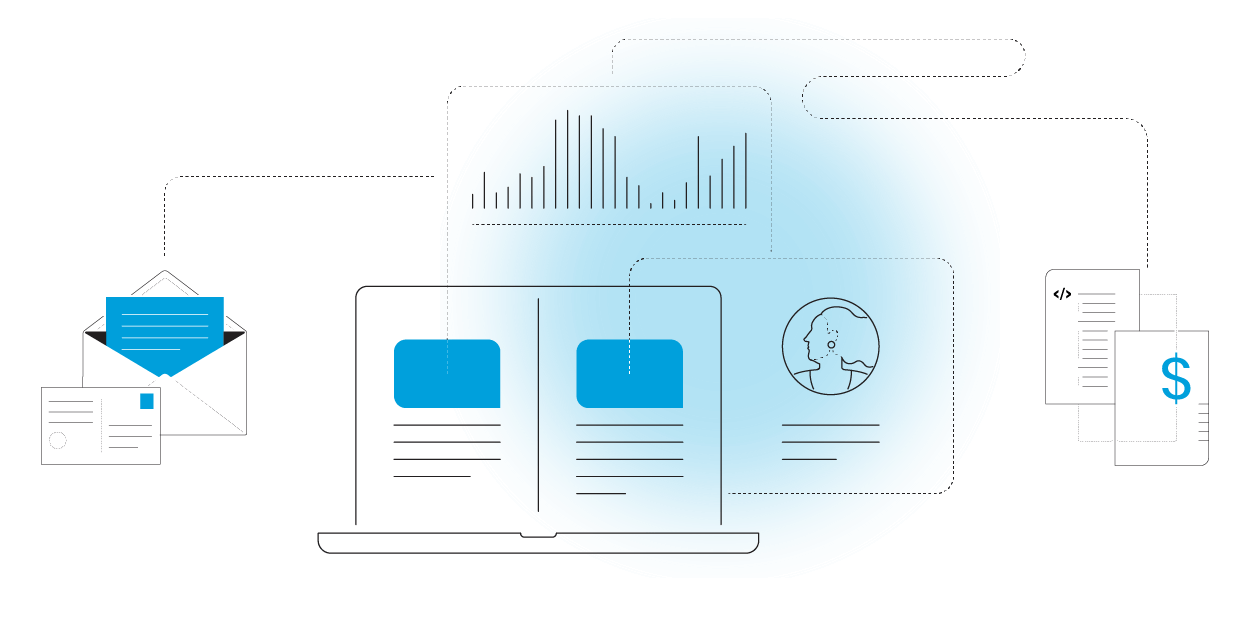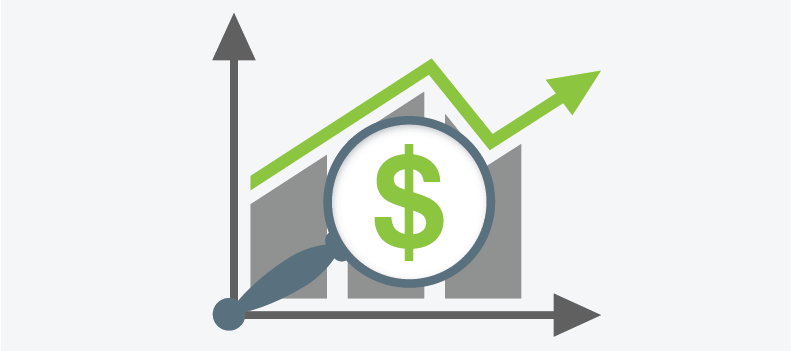Marketing is the fuel that powers business growth. That much we can agree on.
But there’s a good chance you’ve come across two buzzwords that sound similar—but aren’t:
Multichannel and omnichannel marketing.
They’re often used interchangeably. But they shouldn’t be. Because while they both involve marketing across different channels, how they work—and how they serve your customer—is very different.
Let’s break it down so you can take a sharper, more strategic approach to your next campaign.
What is a Marketing Channel?
Before we dive into the differences, let’s level-set: What exactly is a marketing channel?
A channel is any medium you use to communicate with your audience or promote your product or service.
A channel is any medium you use to communicate with your audience or promote your product or service.
That includes your website, emails, digital ads, social media, text messages, direct mail, signage—basically, any way a customer can encounter or engage with your brand.
Some channels are physical. Others are digital. Some are great for awareness. Others are made for driving action. The key is choosing and combining them in a way that makes sense for your goals.
What is Multichannel Marketing?

Multichannel marketing means using multiple channels—like email, paid ads, and direct mail—to reach your audience.
But here’s the catch: these channels aren’t necessarily connected.
Think of it like this: you’re running a winter sale. You send out an email blast. You mail out a flyer. You launch a few targeted display ads. All of these efforts point to the same promo code and general message.
The customer can choose how to engage. Maybe they click the email, type in your URL after seeing the flyer, or tap a mobile ad.
The channels are working in parallel, not together.
Benefits of Multichannel Marketing:
- Broader reach: You meet customers where they are.
- More data: You can test what works best by comparing results across platforms.
- Flexibility: It’s easier to spin up a campaign quickly, especially on a tight budget.
But the experience isn’t always seamless. If a customer engages on one channel, that interaction doesn’t carry over to the next.
What is Omnichannel Marketing?

Omnichannel marketing also uses multiple channels—but with one major upgrade: everything is connected.
Instead of treating each channel as a standalone effort, omnichannel marketing creates a cohesive experience across every touchpoint.
Imagine this: A customer clicks an email about your new service. Later, they see a testimonial on Instagram. Then they get retargeted with a Facebook ad offering 10% off. When they finally visit your site, their cart already includes the service package they looked at earlier.
That’s omnichannel in action.
Benefits of Omnichannel Marketing:
- Seamless experience: Customers can move between platforms without friction.
- Personalization: You can tailor messages based on previous actions or preferences.
- Stronger relationships: Consistency builds trust—and trust leads to conversions.
Which Strategy Is Right for Your Business?
If you’re just starting to diversify your marketing, multichannel might be the way to go. It’s more accessible and doesn’t require full integration between platforms.
Plus, multichannel campaigns can still be highly effective—especially when your audience doesn’t need a highly immersive journey to convert. A quick impression from a Facebook ad followed by a reminder in their inbox may be all it takes.
That said, omnichannel marketing can supercharge your results—especially if you sell a complex product or have a longer sales cycle.
Yes, it takes more planning. Yes, it may cost more up front. But when done right, omnichannel often delivers a higher ROI.
So if you’re ready to level up your marketing maturity, omnichannel is worth the investment.
Bottom Line
Multichannel = multiple unconnected channels working toward the same goal.
Omnichannel = multiple connected channels delivering a seamless experience.
Both strategies have value. The key is understanding where your business stands today—and where you want your marketing to take you next.






